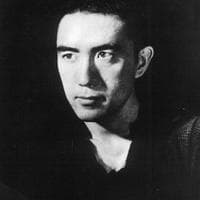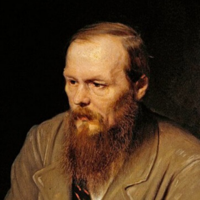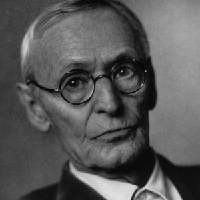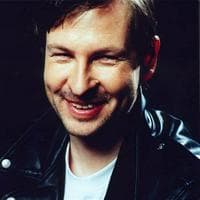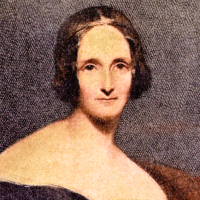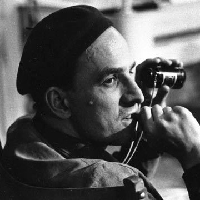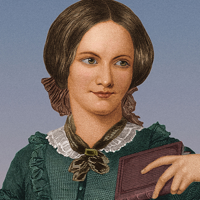Yukio Mishima MBTI -Persönlichkeitstyp
Persönlichkeit
"Welcher Persönlichkeitstyp ist {profilename}? {profilename} ist ein {MBTI} -Persönlichkeitstyp in MBTI, {enneagram} - {iv} - {tritype} in EnneArgram, {big5} in Big 5, {socionics} in Socionics."
I'm sorry but he is a 4w3 to me, and whoever is voting for 4w5 hasn't ever heard of the existence of his book called "Confessions of a mask". The whole book is about how be lived hiding his own self and adapting himself to the world around him, he paid more attention to things than others to learn their habits and he was always making sure he wasn't showing anything he didn't want to. "Average Threes are highly aware of what others think about them, whereas average Fives care little about anyone else's good opinion." He adapted himself to a "straight performance" to the point he was able to flirt with woman and feel more normal and even have some fun out of it, even though he was gay. He even had a conventional marriage out of the pressure of his family and out of his despair since he was approaching middle age. "Average Threes want to be considered as sexually and socially desirable and will conform to and set social standards" He grew up controlling himself and hiding who he was, sometimes even from himself and trying his best to fit in by analysing people and trying to repeat their ways. "For better or worse, the areas that Fives explore do not depend on social validation; indeed, if others agree with their ideas too readily, Fives tend to fear that their ideas might be too conventional." Mishima wanted to fit in, but he indeed never deleted his positives traits and got much attention, and never stopped doing it. "Patriotism" was presented with him as the main actor. He showed all his great sides and adapted his own "vulgarities" in "acceptable" ways, just so he could be flashy, but never despised. He started acting on his desires and became more open about being gay, he embraced his difference from the world, but not enough to deleted all the work he did to fit in. He had fun living in his own world as a "different one", but he was stabbed by the loneliness of being the only one there as well. He liked to be special, but not to feel isolated. So yes, Mishima was a 4w3. I'm glad he seemed healthier as he grew older and seemed to accept himself and his instincts more, but from the vision of "Confessions of a mask" that is like a diary and some other personal works, I can't help but say he was a 3. Mishima was indeed a fine gentleman who loved knowledge and art, but he cared about his impact, he cared about his presence, and he cared about having a positive air around people so he wouldn't need to feel this heavy pressure on his back.
Biografie
Yukio Mishima (三島 由紀夫 Mishima Yukio) is the pen name of Kimitake Hiraoka (平岡 公威Hiraoka Kimitake, January 14, 1925 –November 25, 1970), a Japanese author, poet, playwright, actor, model, film director, nationalist, and founder of the Tatenokai. Mishima is considered one of the most important Japanese authors of the 20th century. He was considered for the Nobel Prize in Literature in 1968, but the award went to his countryman Yasunari Kawabata. His works include the novels Confessions of a Mask and The Temple of the Golden Pavilion, and the autobiographical essay Sun and Steel. Mishima’s work is characterized by its luxurious vocabulary and decadent metaphors, its fusion of traditional Japanese and modern Western literary styles, and its obsessive assertions of the unity of beauty, eroticism and death.
Persönlichkeit correlate
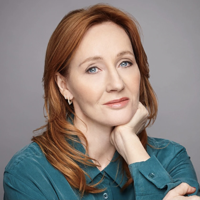
J. K. Rowling
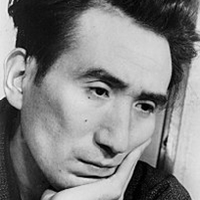
Osamu Dazai
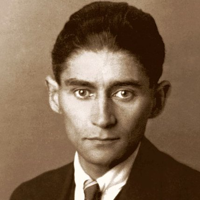
Franz Kafka
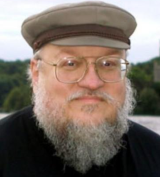
George R. R. Martin

Robert Greene
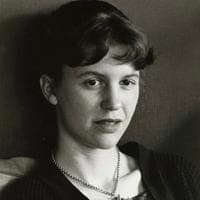
Sylvia Plath
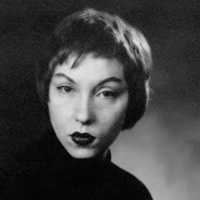
Clarice Lispector
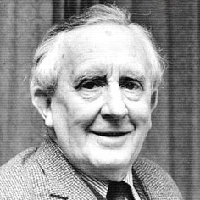
J. R. R. Tolkien
